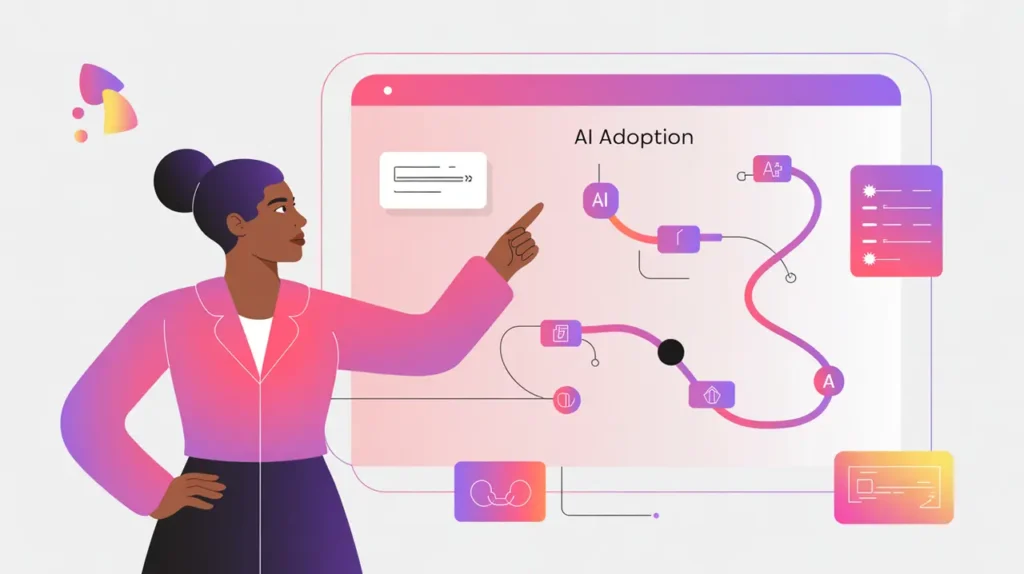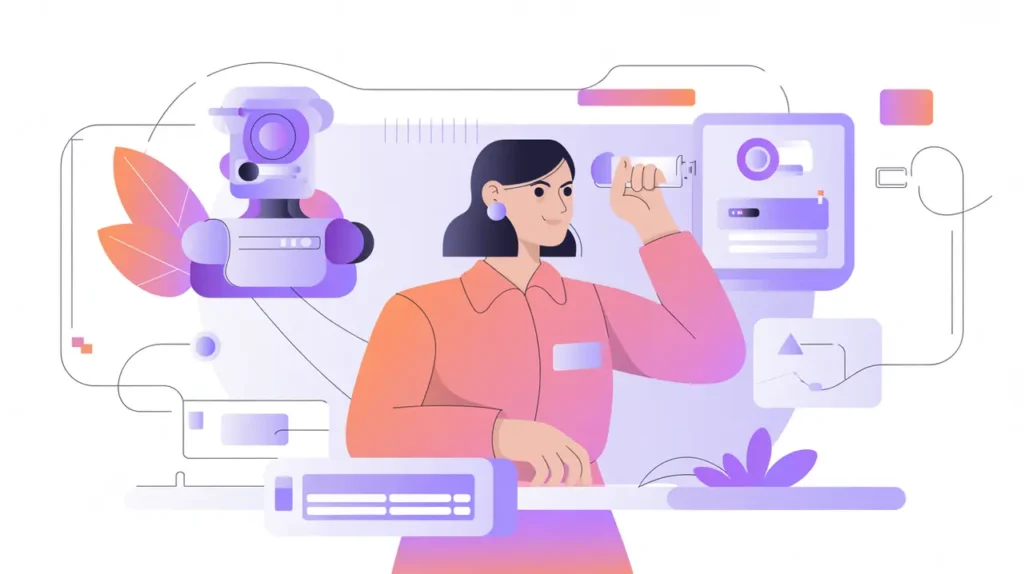Importance of AI-Supported Mentorship and Coaching
AI-Supported Mentorship and Coaching refers to the use of artificial intelligence tools to enhance guidance, learning, and professional development relationships. AI systems can provide real-time feedback, personalized learning pathways, and adaptive support, extending the reach of mentors and coaches. Its importance today lies in the growing demand for accessible mentorship at scale, especially as work and learning environments become more digital and globally distributed.
For social innovation and international development, AI-supported mentorship matters. It can expand opportunities for professional growth in contexts where human mentors are scarce, while complementing rather than replacing the value of human connection.
Definition and Key Features
AI tools in mentorship include chatbots that answer routine career questions, recommendation systems that suggest training resources, and platforms that analyze learning progress to guide coaching. They build on advances in natural language processing and adaptive learning systems.
This is not the same as automated training, which delivers pre-programmed content without relational interaction. Nor is it equivalent to purely human mentorship, which depends entirely on individual capacity and availability. AI-supported mentorship blends technology with human oversight, scaling access while maintaining personalization.
How this Works in Practice
In practice, AI might support mentorship by providing junior staff with immediate feedback on writing or coding, while human mentors focus on strategic guidance. Coaching platforms can use AI to analyze reflection journals, flag patterns, and suggest areas for growth. Education initiatives may integrate AI tutors alongside teachers to provide students with continuous support.
Challenges include ensuring that AI systems do not reduce mentorship to transactional exchanges, protecting privacy in sensitive coaching conversations, and addressing bias in algorithmic recommendations. Success requires careful design that respects the relational and developmental dimensions of mentorship.
Implications for Social Innovators
AI-supported mentorship and coaching enhance capacity across mission-driven sectors. Health programs can use AI platforms to support continuous professional development of frontline workers. Education initiatives can expand access to coaching for teachers in low-resource contexts. Humanitarian agencies can offer field staff adaptive training and reflective support through AI-enabled systems. Civil society organizations can use AI mentorship platforms to strengthen leadership pipelines and advocacy skills.
By combining AI tools with human mentorship, organizations can democratize access to guidance, scale professional development, and sustain human connection in the AI era.







